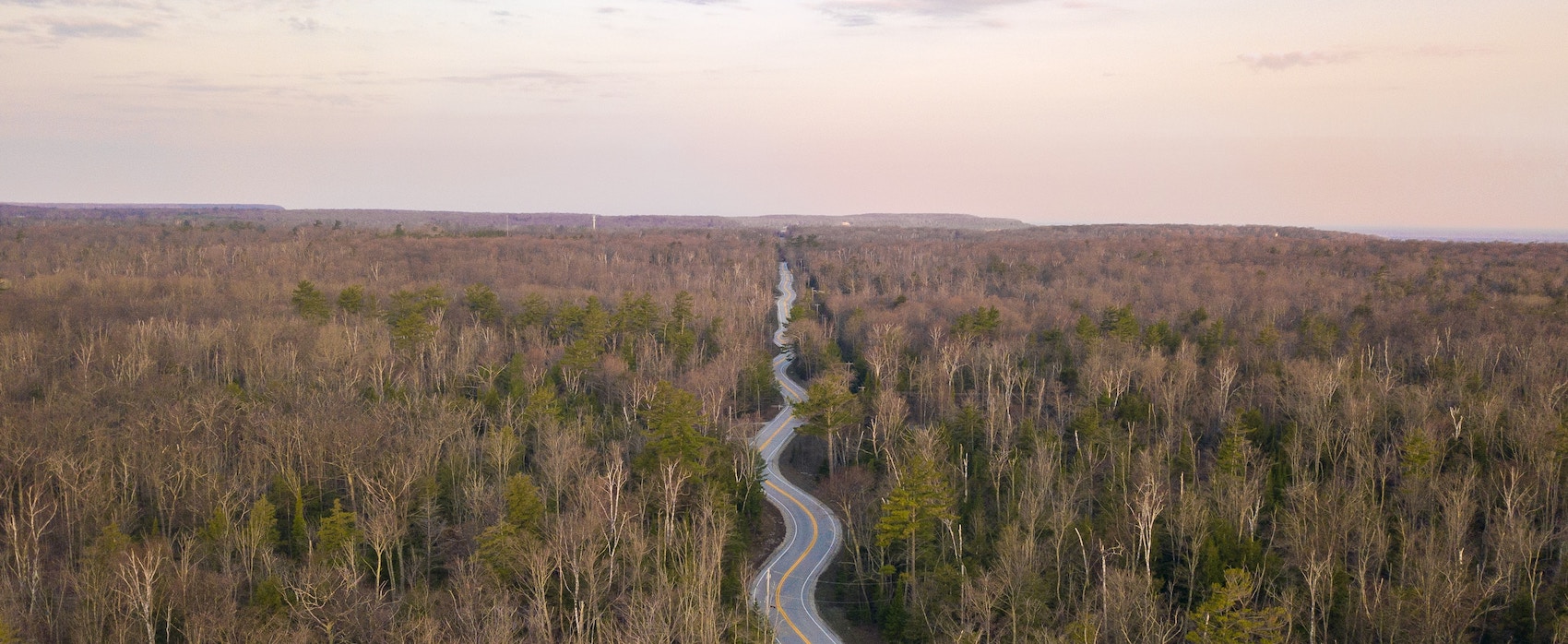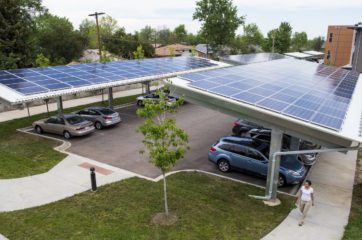On August 16th, Wisconsin Governor Tony Evers (D) signed an executive order calling for the state’s energy usage to be 100% carbon free by 2050, making Wisconsin the first state in the Midwest with a 100% clean electricity commitment. It follows in the footsteps of states like Washington, Hawaii, and California, which all have similar mandates.
In addition to setting a clean energy target, the executive order establishes an Office of Sustainability and Clean Energy that will explore different solutions and technologies to ensure that all of Wisconsin’s electricity is carbon-free by 2050. According to the Union of Concerned Scientists, by that year, Badger State residents could see two weeks each year of dangerous heat, with temperatures above 100 degrees.
“A transition to a clean energy economy will generate thousands of family-supporting jobs in Wisconsin,” said Gov. Evers in a statement. “Our state has a responsibility to current and future generations of Wisconsinites to act to prevent continuing damage to our climate and to invest in solutions that help to mitigate the changes that have already occurred.”
Evers first proposed the carbon-free electricity target in this year’s budget, but the item was stripped out by the Legislature’s Joint Finance Committee. That means he won’t have any new funds to use for his plans, and that he will have to reallocate positions and people from other parts of the state government to staff the new office.
The Governor’s order signals his administration’s continued intent to push forward with clean energy adoption despite resistance from the legislature. He’s been pushing for strong climate policies since he came into office in January, joining the US Climate Alliance, a group of Governors that have pledged support for reaching the carbon reduction goals of the Paris Climate Accords.
Evers ran on a platform that stressed incentivizing renewable energy and energy independence. Energy costs in Wisconsin are some of the highest in the nation, largely due to the more than $12 billion sent out of the state each year to import fossil fuels. At the same time, the cost of utility-scale renewable energy has dropped tremendously in recent years – nearly 90% for solar energy and 70% for wind energy in the last decade alone.
“For far too long, clean energy has not been a priority in our state, and we’re going to change that,” Evers said during a news conference. “The bottom line is this: economic development and protecting our environment are not mutually exclusive. They should be working in tandem.”
The state’s utilities, albeit currently dependent on coal, are also committed to transitioning to renewable energy. We Energies, which serves Milwaukee and Green Bay, and Alliant Energy, based in Madison, both plan to cut their carbon emissions by 80% by 2050. XCel Energy, which serves Western Wisconsin, announced in December it aims to supply all electricity from carbon-free sources by 2050. In 2018, however, only 9% of the state’s utility-scale net electricity generation came from renewable energy sources like hydroelectric power, wind, biomass and solar.
Renew Wisconsin, a nonprofit organization advocating for renewable energy in the state, played a pivotal role in pushing the Governor to issue his executive order.
“If the cost of solar and wind continue to decline, a transition to 100% clean energy could be an economic boon to customers,” said Tyler Huebner, Renew Wisconsin’s Executive Director. “Factoring in the environmental and health benefits of clean energy, this is definitely a good direction for Wisconsin.”
Amber Meyer Smith, the vice president of Clean Wisconsin, one of the state’s leading environmental organizations, called the order a “game-changer for Wisconsin on multiple fronts.”
Politically, the state is an interesting case. Voters elected Donald Trump in 2016, and a progressive Governor just two years later. Obama won Wisconsin by 6.9% in 2012, but today, both of the state’s legislative chambers hold Republican majorities.
Until those majorities are flipped, it will likely be difficult to enact strong climate legislation, like a price on carbon, in the state. But with Evers leading the charge, the state is undoubtedly on the right path.









